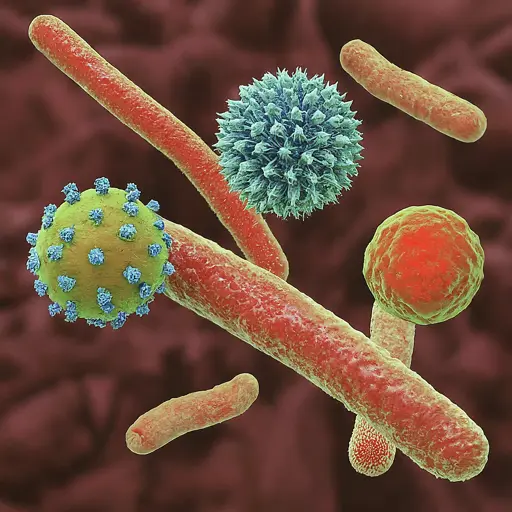All Courses

Course objectives:
Understand the fundamental aspects of RNA biology, including structure, synthesis, and function.
Gain insights into the various types of RNA and their roles within the cell.
Learn the mechanisms of RNA processing, regulation, and degradation.
Explore advanced topics in RNA research and its applications in biotechnology and medicine.
This course is Supported by the Gentaur Group
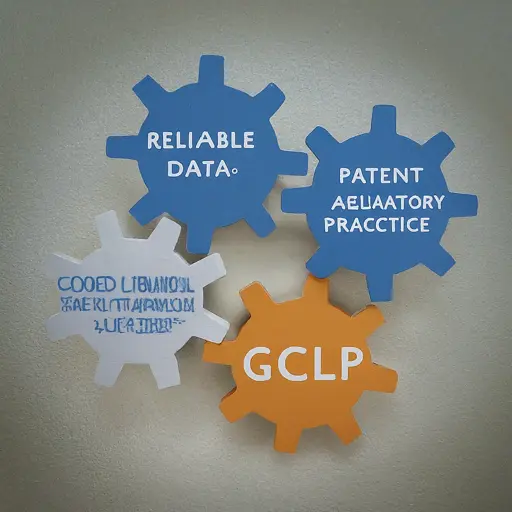
We are grateful to the Gentaur Group for their support of this comprehensive Good Clinical Laboratory Practice (GCLP) course.
GCLP Expertise: Master the principles of Good Clinical Laboratory Practice (GCLP) for reliable data in clinical research.
Lab Operations: Refine your skills in managing laboratory processes to guarantee sample integrity and data quality.
Patient-Centric Research: Uphold ethical research practices and ensure patient safety in clinical trials.
Online Convenience: Learn at your own pace with this comprehensive online GCLP course.
Targeted Learning: Ideal for laboratory professionals and researchers seeking to advance their knowledge in GCLP.

This course covers single-cell immune profiling, a new technique for studying the immune system at the level of individual cells. Thanks to the generous support of the Gentaur Group, we are able to offer this comprehensive introduction to this exciting field.
The course will start with the basics of immunology and how new technologies allow scientists to analyze immune cells in detail. Students will learn about several methods, including flow cytometry, single-cell RNA sequencing, and multi-omics approaches.
The course also covers computer programs used to analyze this data and the ethical considerations involved in this type of research. Students will learn about the latest developments in the field and how this technique is used in research on immunology, cancer, and other areas.
By the end of the course, students will be able to design and conduct their own single-cell immune profiling studies.
Key Topics:
- Overview of immune profiling and its importance
- Basics of immunology and immune response mechanisms
- Single-cell technologies: flow cytometry, scRNA-seq, and more
- Sample preparation, quality control, and sequencing
- Data analysis with bioinformatics tools and pipelines
- Advanced techniques and multi-omics integration
- Clinical applications in cancer, infectious diseases, and autoimmune disorders
- Ethical challenges and future trends in single-cell research
Learning Outcomes:
- Understand the principles and importance of single-cell immune profiling.
- Gain proficiency in single-cell technologies and data analysis techniques.
- Apply knowledge to design and conduct single-cell immune profiling studies.
- Interpret and visualize single-cell data for research and clinical applications.
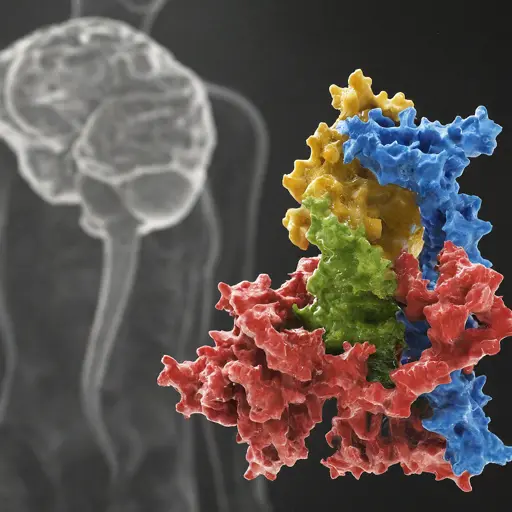
Toxic protein assemblies play a pivotal role in numerous neurodegenerative and systemic diseases, posing significant challenges to human health. This course provides a comprehensive exploration of toxic protein assemblies, from their structural characteristics to therapeutic interventions targeting their toxicity.
We gratefully acknowledge the support of our sponsors who have made this course possible: Gentaur Group

The "Fundamentals of Cellular Biology" course provides in-depth information about the basic components and functions of cells. This course is sponsored by Gentaur Group, a company that supplies reagents for biological research. The curriculum covers the fundamental molecules that make up cells, the processes by which cells reproduce, and how cells communicate with each other. You can register for the course today to begin learning about the essential building blocks of life.
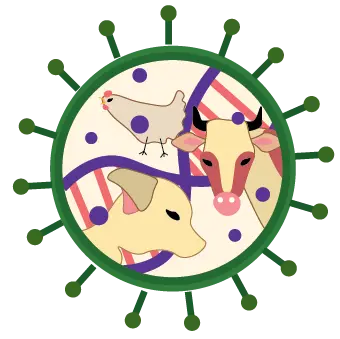
This course provides comprehensive insights into viral diseases affecting domestic animals, including their epidemiology, clinical manifestations, diagnostic methods, prevention, and control strategies. Through a combination of lectures, case studies, and interactive discussions, participants will gain a deep understanding of various viral pathogens that pose threats to animal health and welfare.
Course Objectives:
- Identify common viral diseases affecting domestic animals.
- Understand the transmission dynamics and pathogenesis of viral infections.
- Recognize clinical signs and symptoms associated with different viral diseases.
- Learn about diagnostic techniques for viral disease detection and confirmation.
- Explore strategies for the prevention, control, and management of viral outbreaks.
- Discuss the economic and public health implications of viral infections in domestic animals.
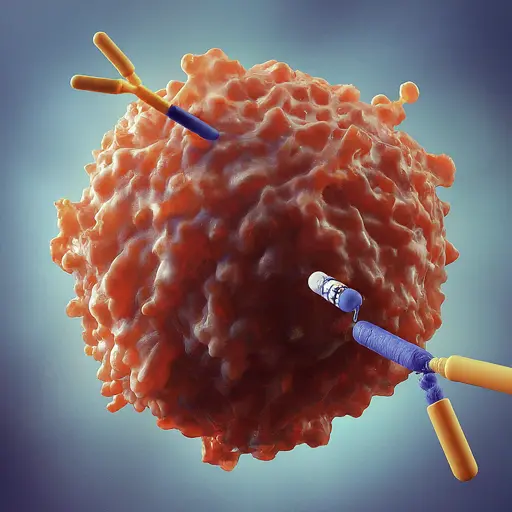
Course Overview:
This course is designed to provide an in-depth understanding of Antibody-Drug Conjugates (ADCs) to a scientific audience. The course will cover the fundamental principles, design and development, and therapeutic applications of ADCs. Participants will gain comprehensive knowledge of ADC mechanisms, the latest advancements in the field, and practical considerations for developing ADC-based therapies.
This course is sponsored by the Gentaur Group. We extend our heartfelt thanks to Gentaur for their generous support, which has made this course possible.
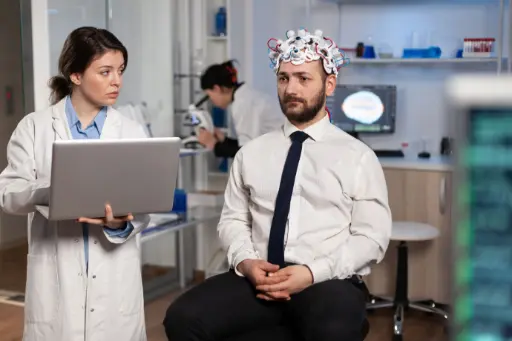
Are you fascinated by the brain and its control over our thoughts, actions, and behaviors? Join us for the Foundations of Neuroscience and Neurobiology event! This immersive experience offers a dynamic exploration of the nervous system, from its basic building blocks to cutting-edge research tools.
Uncover the basics of neuroscience, explore the roles of neurons and glial cells, and understand how neurotransmission and synaptic plasticity enable learning and memory. Dive into sensory and motor systems, discover neuroplasticity's impact on learning, and learn about groundbreaking technologies like fMRI and EEG. Don't miss this chance to connect theory with real-world applications and advance your understanding of the brain!
